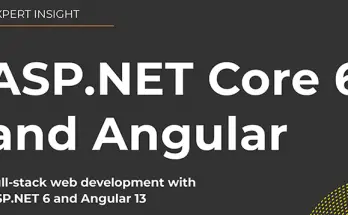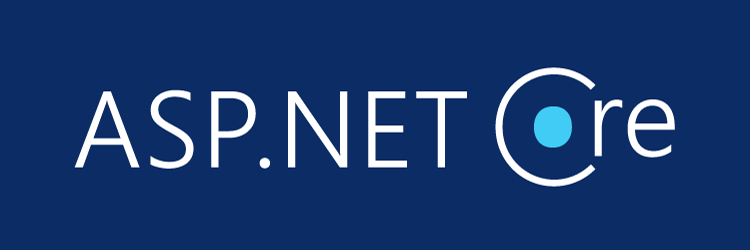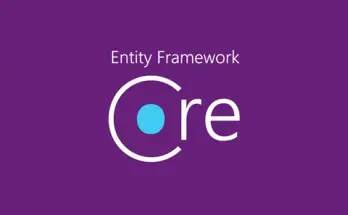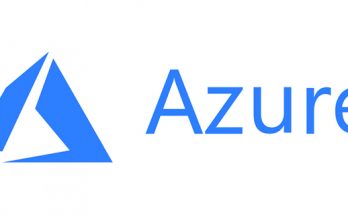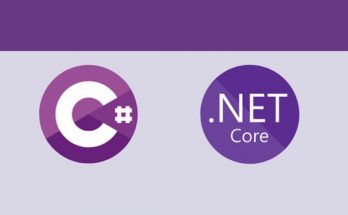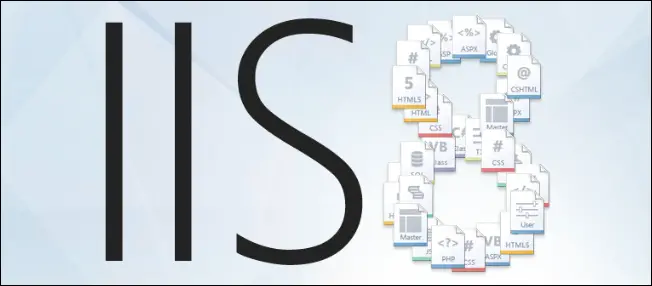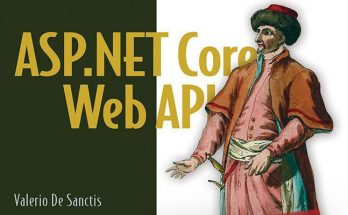
ASP.NET Core Web API - The Book A practical guide explaining how to create fully featured Web APIs with the ASP.NET Core framework using REST and GraphQL - Now available for Early Access!
Today I'm proud to announce that my future book - ASP.NET Core Web API, which I'm currently writing for Manning Publications - has just reached the MEAP state! In case you …
ASP.NET Core Web API - The Book A practical guide explaining how to create fully featured Web APIs with the ASP.NET Core framework using REST and GraphQL - Now available for Early Access! Read More